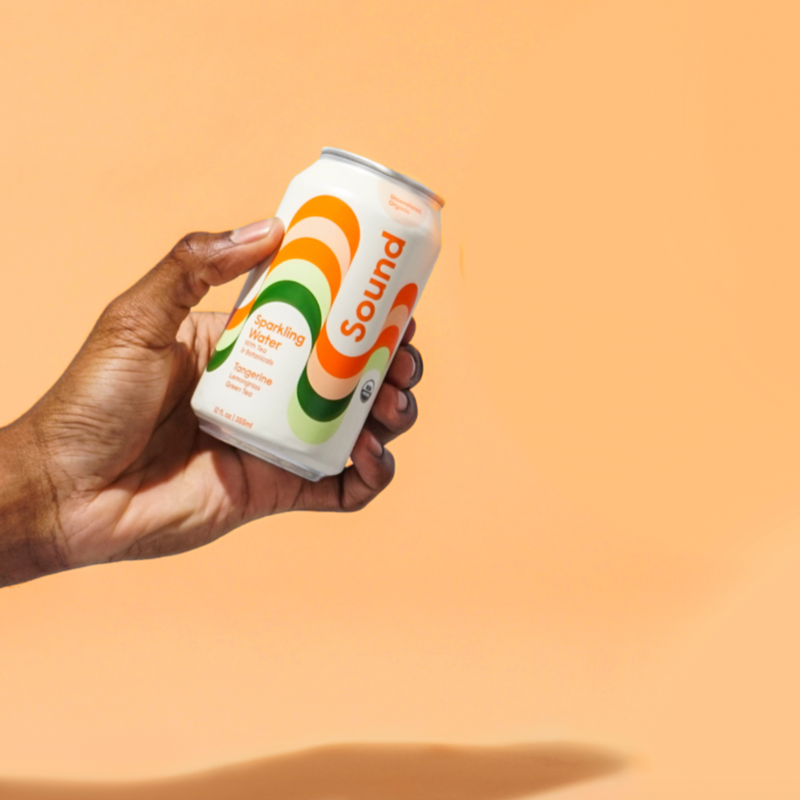Without a doubt, our world has been turned upside down. Many are enduring hardships that words cannot put to justice. People are dealing with more stress than ever before, and so we want to talk about something that can help, although we understand it is a very small piece of the puzzle. And that is to talk about the benefit of routine.
We may wake up feeling out of sorts and unorganized throughout the day because of so many shifts to our day-to-day “normal.” But research shows that developing a routine can be incredibly grounding and beneficial to our health.
A daily routine is linked to better mental health, inclusive of cognitive function (i.e decision making and problem solving) and decreased risk for developing major depression and bipolar disorder. Having a routine can even improve sleep. Not to mention the constant need to make decisions throughout the day on what to do next or what should be priority is emotionally and mentally exhausting! With predictability, it takes some of the guesswork out of your day, which in turn helps reduce stress.
Bonus: it’s good for the kids too.
From a young age, routine is important. Bedtime routine has been linked to improved sleep, and research has shown that regular family routine is associated with lower levels of hyperactivity and impulsivity.
Tips to implement routine.
Start with the morning. Aim to wake up at the same time every day, and then flow into that same next task, whether that be to go move your body or write three things you are grateful for in your gratitude journal. If you don’t have to think through your mental list of what to do when you get up, it will help reduce stress and the push to stay in bed.
Are you someone who struggles to get out of bed in the morning? Here are a few things that can help making waking up easier:
· Integrate natural light. Morning light helps signal to your body to get ready for the day – body temperature rises, while cortisol and melatonin levels are shifted. If you wake up before the sun, try a Wake Up Light like this one.
· Stretch. Even a few minutes can get the blood flowing, making you feel more alert.
· Drink water. We wake up dehydrated, which can contribute to feelings of fatigue. Have a glass or two of water before going for the caffeine to help improve mood and alertness.
· Music. More melodic alarms have been associated with improved alertness, as compared to the harsh “BEEP” of a typical alarm. In fact, the latter may even worsen morning grogginess according to a recent study! This makes us think that listening to calming music while continuing that morning routine probably only does us more good too!
Start small. It can easily (and quickly) get frustrating if too many changes are implemented at once. Instead, choose one change at a time and stick with it. For example, waking up at the same time every day (PS one of the best ways to implement this is to get on a nighttime routine; here are some tips for how to sleep better).
Plan ahead. Take the time each night to write out your schedule for the next day. Choose one important project to focus on and schedule it for earlier in your day.
· Often we get caught up doing a bunch of 5-10 minute tasks and leave the big “To Do” for later, which then gets shifted to tomorrow’s list, fueling stress. I love Tim Ferris’ suggestion of blocking two or three hours for one project, and one project only. This helps us be more productive on that project!
· Set aside a separate list for things that need to get done, but not as high priority. That way you have them as a reference in the case you complete what you needed to that day. Adding them to your list for today will only overwhelm you when you aren’t able to check them off.
Don’t expect your day to go as planned. The purpose of routine is to keep you on a schedule, allowing you to be more productive and less likely to get distracted (mindlessly IG scrolling, anyone?). Do your best to be OK when things go off track. Especially now, you may be juggling a lot (i.e working from home while your children are virtually “at school”). Make sure to build in time for yourself to relax or do something that makes you feel happy every day.
An Example Day: This is an example of my day, using the method of time blocking to create routine. Time blocking has been used by people like Elon Musk and Bill Gates to be more efficient and productive, as compared to a “to do” list which can be overwhelming and may make you feel scattered.










